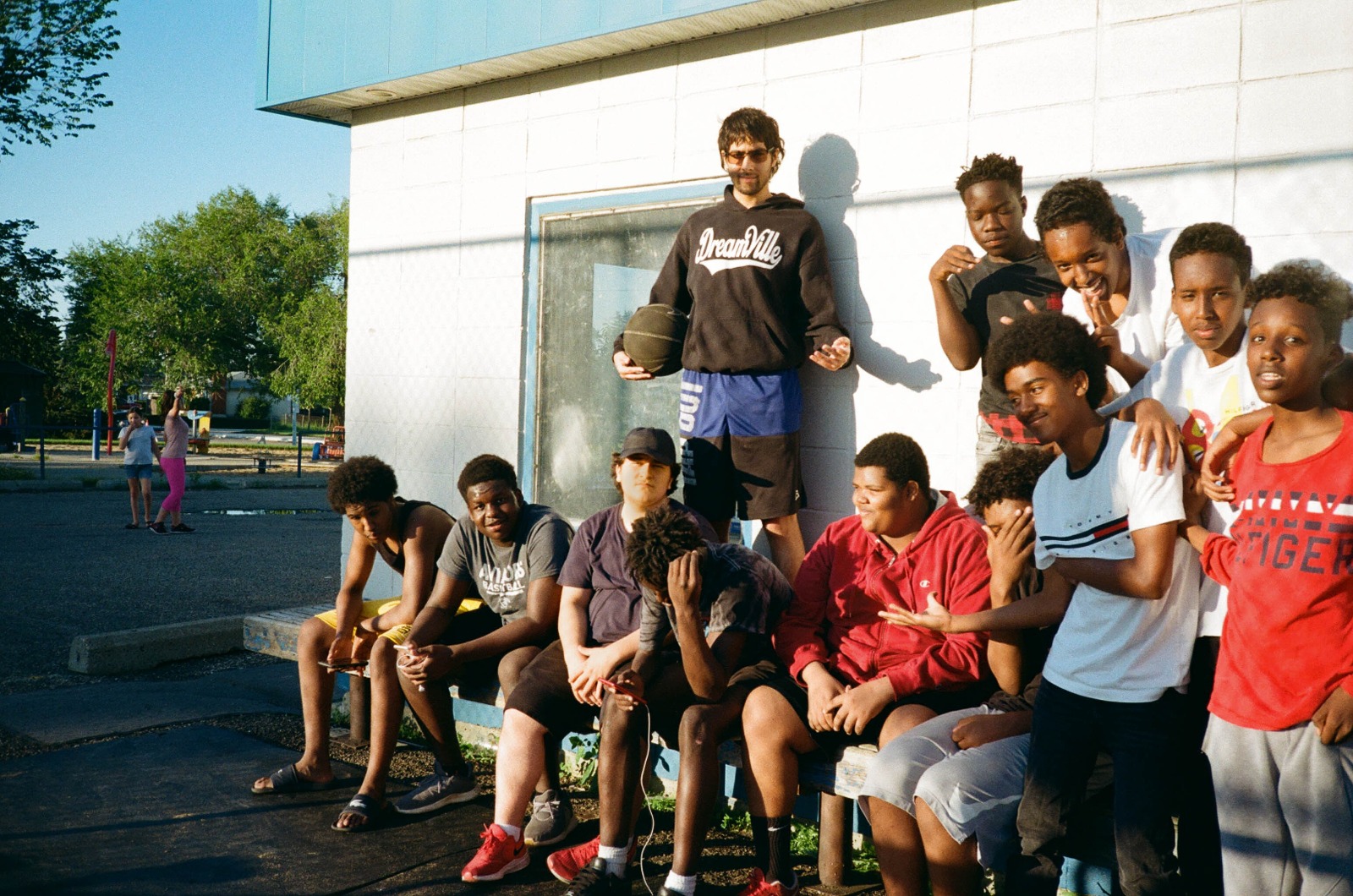Settlement/Citizenship
Embark on your journey from an immigrant to a national
Before you start reading this, tune in to Home by Philip Phillips. Nope! By no means this is an advertisement. The lyrics might soothe your restless heart.
“As we roll down this unfamiliar road,
And although this wave is stringing us along,
Just know you’re not alone…… “
Undoubtedly, globalisation has blurred the territorial lines. People navigate themselves constantly, some in pursuit of work, while others for a new home. Well, settlement is a sophisticated process that brings along its baggage and demons. Along with the financial strength, you need an emotional calibre to embrace the change. Building a home away from home in Canada is not a piece of cake for everyone. People come from contrasting cultures to escape poverty, tyranny or constantly like to be on the move.
Which one are you? What are your reasons? Was it the push factor or the pull factor? Answers to these few overwhelming questions give you a push in the right direction.
Major examples of push factors are political asylum, famine, refugee or escaping an authoritarian government. Whereas pull factors embrace professional growth, higher education and opportunities to amplify standards of living.
In layman’s terms, your reasons for immigration defines which type of visa or settlement you qualify for. People choose Canada for its multiculturalism and high-income economy. It accepted as many as 313,601 immigrants in the year 2019. Additionally, the country has higher acceptance rates, offers refugee protection and permanent resident card. You can check out the details through the link Immigration service.

5 surprising myths about settlement in Canada
The migration influx is thick and fast from third world countries to the first world. In developed countries, people are self-sufficient. An immigrant might find it hard to adapt to the new lifestyle. But is it as difficult as it sounds? Time to bust the myths that bedevilled you.
1. You need an accountant to file your taxes
If you are an individual filing taxes for yourself or your family, you don’t need a professional to file taxes unless you are a big business. The language is simplified on the forms making it convenient for anyone to interpret and complete. For more detailed instructions, ask google or tap on this link and get ready to file taxes. There is nothing you can not achieve with a good internet connection.
2. You can not work on a student visa
International students are allowed a few working hours per week. They can only seek part-time jobs opportunities. After completing your studies, you need to file for a work visa and choose a wise course of action. If you feel directionless, then there are many non-profit organisations to guide you. You can choose services that suit you, it can be virtual or in-person.
3. You might face a discriminatory attitude towards your heritage
Canada celebrates its multiculturalism through all-inclusive behaviour. Neither the government nor the locals discriminate against you. Rather, the Canadian government bestows a hand of support for newcomers and embraces cross-culture relationships in the community. You get agreeable prospects to build a decent life around you.
4. You need to be fluent in English
Many people get cold feet when they scoreless in their IELTS exams. They miss out on the score patterns and what it means to score the bands. As you know, Canada is a multilingual country. Besides English, the other majority also have French, Punjabi, Cantonese and Mandarin-speaking populace. English acts as a connecting tool among the versatile population of the country. After all, you gotta connect to be a part of a new community. Even the lowest score makes you eligible if it is suitable with your settlement options.
5. There are no public policies for immigrants
“One of the reasons why Canadians are generally positively inclined towards immigration is we’ve seen over decades, over generations, that it works”, said the Prime minister of Canada in a recent interview. The government introduces programmes that target job seekers, newcomers, businesses and the community. They recently introduced the Provincial Nominee Program and the Atlantic Immigration pilot program. Do your due diligence to make the most out of these programmes. If you are light on the financial side, you can seek help from non-profit organisations like CANSEF. These organisations offer you programmes to hone your skill set, look for vacancies in your respected field and help you create a mandate. Native language and skillsets are the only tools through which one can thrive. These non-profit organisations are your messiah in challenging times. They pen down versatile strategies to utilise the skill set, prepare you for interviews, brush up your resumes and more.
To-do list for your not so conventional immigrant story
Moving to a different country is like travelling. You carry all your essentials, medical aids, well, you know the drill. Since it is 2021, the first thing you need is to get jabbed for COVID-19. Now, this is a mandatory requirement listed by the officials. The settlement action plan is a dynamic document that evolves with your requirements. What are the little things that could pave the way to a consistent path of achievement? Mantra by many established immigrants is to have the right attitude, discipline and clear set of goals. Create a social network before making a move. Yes, social networking will help you find a suitable place to live, job opening and benefit in a crisis. If possible, visit the country once before making the final move. For permanent residency, you need to learn about the historical roots of Canada. So whenever you get time, keep reading about the curriculum for your citizenship test. If you
lack funds, reach out to non-profit organisations. With the right resources and direction, everything becomes straightforward. Learn to turn your certified skills into action plans. Be quick to adapt and try to know things apart from your professional front. Your way forward transpires a diverse perspective.
